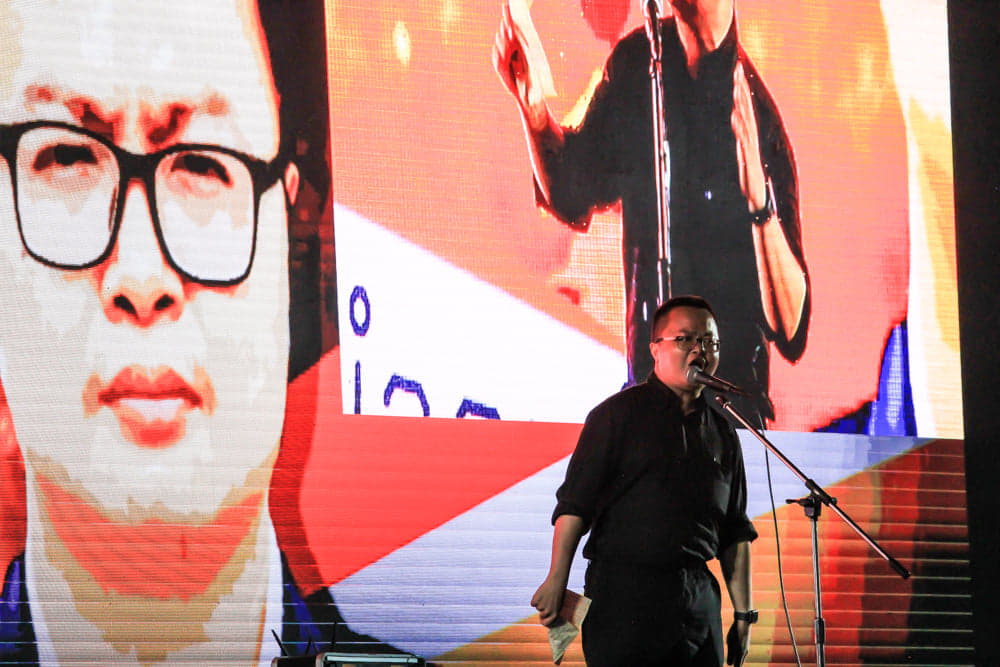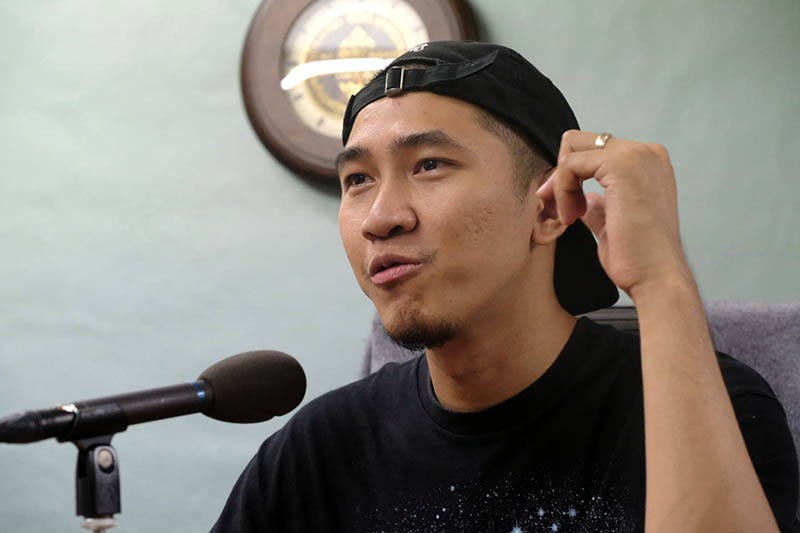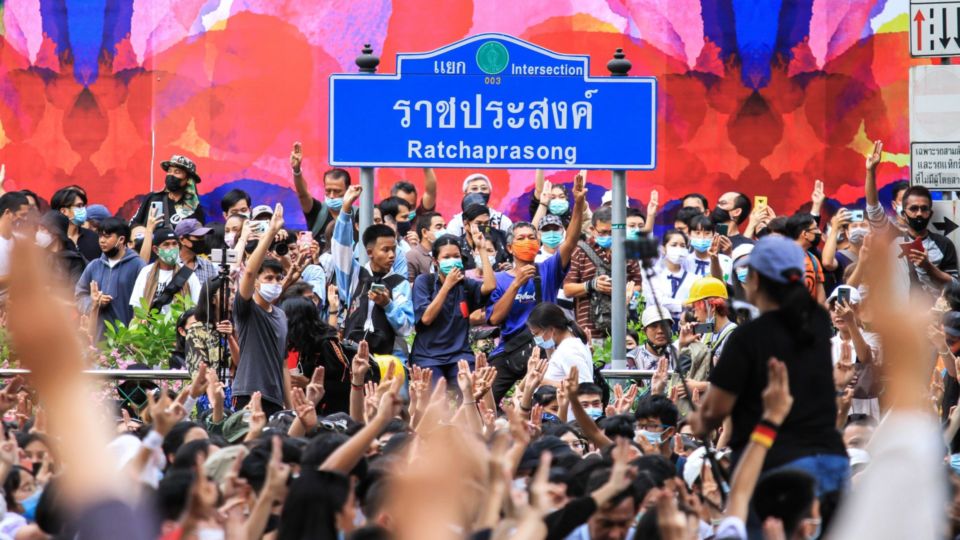Dozens of Thai activists and supporters of the pro-democracy movement said they were hacked with what is considered the world’s most advanced spyware program.
According to legal rights advocacy group iLaw, about 30 Thais were found to have been hacked with Tel Aviv-based NSO Group’s Pegasus tool, which can crack iPhone and Android smartphone encryption, during 2020-2021 street protests demanding the ouster of Prime Minister Prayuth Chan-ocha and reform of the monarchy.
The revelations came about after Apple began sending notifications to the victims’ phones in November 2021.
The majority of those hacked were dissidents who had roles in the pro-democracy movement. Among them were lawyer-activist Arnon Nampa, student activist Panusaya “Rung” Sithijirawattanakul, rapper Dechatorn “Hockhacker” Bamrungmuang, academic Prajak Kongkirati, and actress-activist Inthira Charoenpura. The youngest victim was 18.

Yingcheep Atchanont of legal reform group iLaw, said it still felt unreal.
“This is beyond my imagination, like I’m living in a sci-fi fantasy dystopian movie like Big Brother who is always watching us,” he wrote online Sunday.
It was the first time Pegasus spyware was believed to have been used in Thailand. A number of Thai dissidents who use iPhones said they received alerts from Apple saying their devices may have been infected by state-sponsored attackers.
The revelations were discussed this morning by a panel at the Foreign Correspondents’ Club of Thailand dubbed Parasite in your phone: Thai pro-democracy activists today, Thai citizens tomorrow? which was streamed online.

iLaw on Saturday published a full report and a list of 30 hacked individuals. Another report was published by Toronto-based cyber watchdog Citizen Lab.
Human rights group Amnesty Thailand on Monday morning issued a statement calling the government out for its suspected use of the tool to violate fundamental human rights.
“We can now officially add Thailand to the growing list of countries where people peacefully calling for change, expressing an opinion, or discussing government policies may trigger invasive surveillance with a profound toll on an individual’s freedom of expression, privacy, and sense of security,” said Etienne Maynier of Amnesty International. “It is worth remembering that this is only what has been found so far, and the scale of surveillance attempts could be bigger and more damaging.”
Amnesty Thailand also urged the Thai authorities to launch an “independent, prompt, thorough, and effective investigation” into the use of the invasive Pegasus spyware.
Late last year, opposition parties such as Pheu Thai and Move Forward called out Digital Economy and Society Minister Chaiwut Thanakamanusorn for using state-sponsored attackers to hack activists. Chaiwut later refuted that the government had done so. “I guarantee that there are no attacks on anyone’s information,” he said.
After Pegasus went on sale internationally in 2011, it has been used to target journalists and dissidents around the world, including women’s rights activists in Saudi Arabia, according to a New York Times investigation earlier this year.




